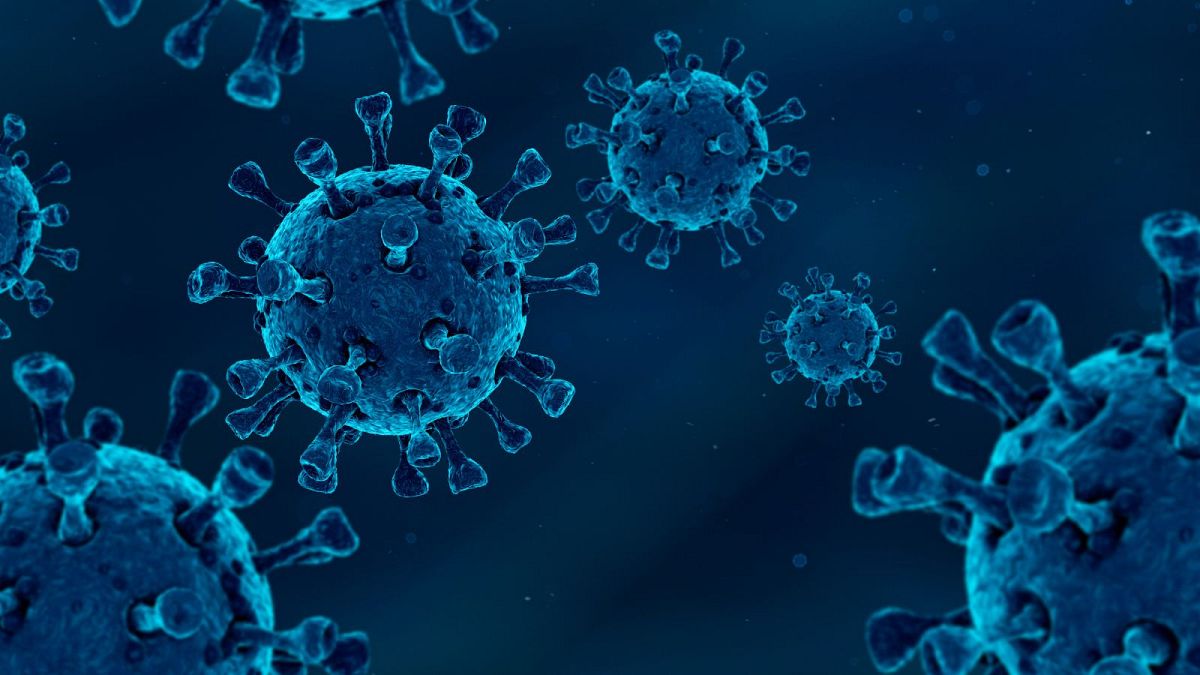Fitness
People who don’t get COVID may have a specific immune response – study

Researchers infected 36 people with the virus that causes COVID-19 to understand why some people seem to evade the virus. The answer was in their immune system.
New research has looked at why some people do not get sick from COVID-19 by deliberately infecting a small number of healthy individuals under highly controlled settings.
Researchers administered the virus to 36 healthy adult volunteers without a previous history of COVID-19 through the nose.
They looked at the study participants’ cells from their noses and blood and published their findings in the journal Nature.
Then, they used a technology called single-cell sequencing to look at the genetic information (DNA and RNA) of individual cells.
“This was an incredibly unique opportunity to see what immune responses look like when encountering a new pathogen – in adults with no prior history of COVID-19, in a setting where factors such as time of infection and comorbidities could be controlled,” Dr Rik Lindeboom, co-first author of the study from the Netherlands Cancer Institute, said in a statement.
A gene that may prevent prolonged infection
Individuals who quickly eliminated the virus did not display a typical widespread immune response. Instead, they showed subtle immune responses.
High levels of activity of a gene called HLA-DQA2 before exposure could have helped these participants to prevent a prolonged infection, the researchers said.
Conversely, six individuals who developed a prolonged infection had a rapid immune response in their blood but a slower one in their nose, which allowed the virus to establish itself there.
“These findings shed new light on the crucial early events that either allow the virus to take hold or rapidly clear it before symptoms develop,” said Dr Marko Nikolić, another of the study’s authors from University College London.
Researchers also found common patterns in activated T cell receptors (TCRs), the protein at the surface of T cells which are designed to recognise specific antigens.
When a TCR binds to a pathogen presented by an infected or abnormal cell, it triggers the T cell to become activated.
Then, T cells can directly kill infected cells, activating other immune cells and helping with long-term immunity by remembering the pathogen.
This study provided insights into how immune cells communicate and could help in developing targeted T-cell therapies for not only COVID-19 but other diseases as well.
“We now have a much greater understanding of the full range of immune responses, which could provide a basis for developing potential treatments and vaccines that mimic these natural protective responses,” Nikolić said.
This study is part of the Human Cell Atlas, an international collaborative group launched in 2016 aiming to map all human cells.


)






